
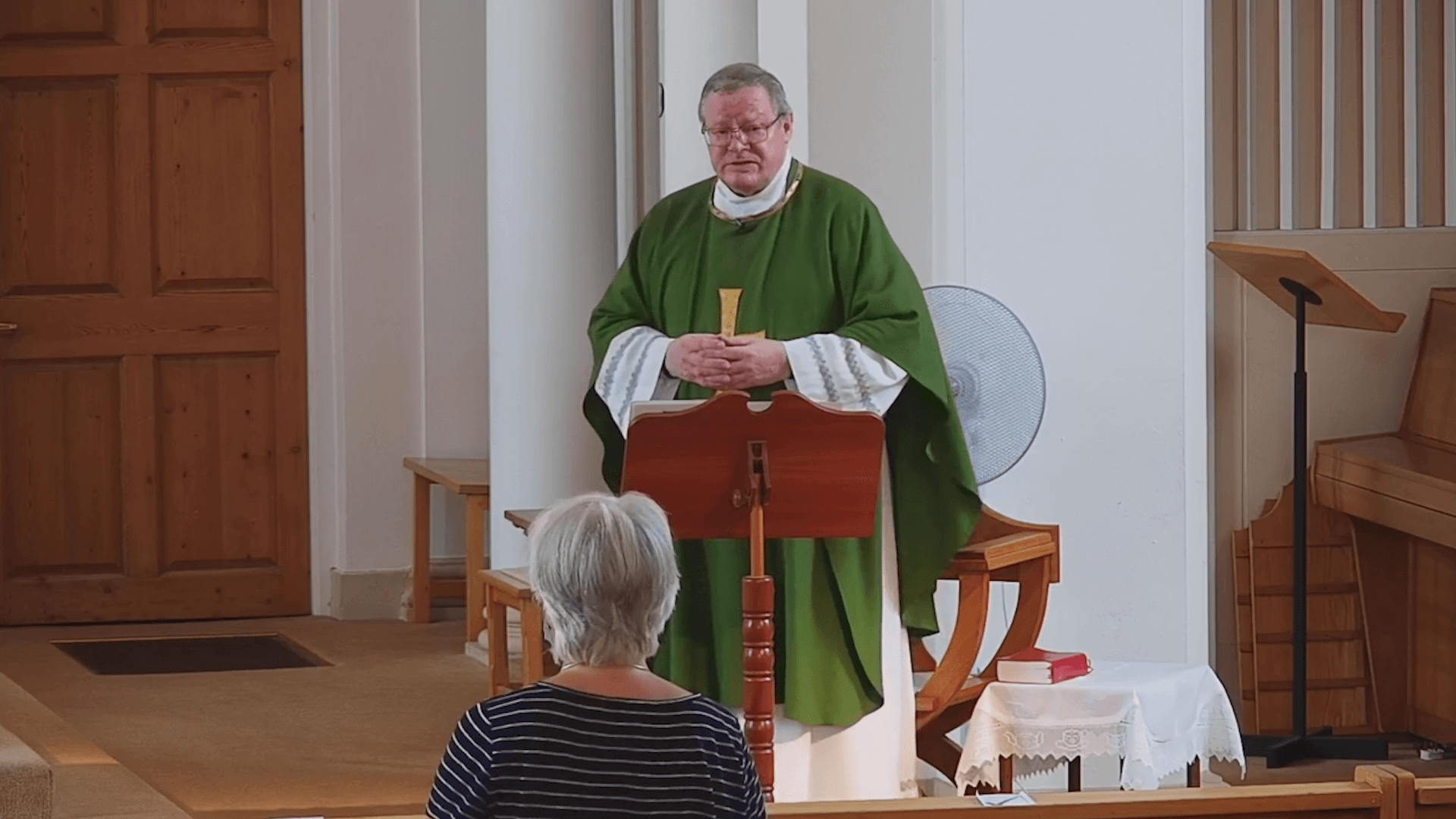
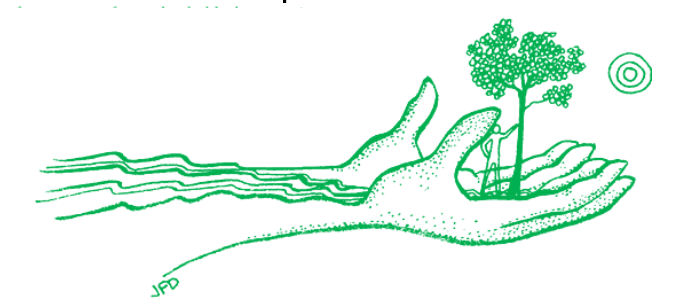

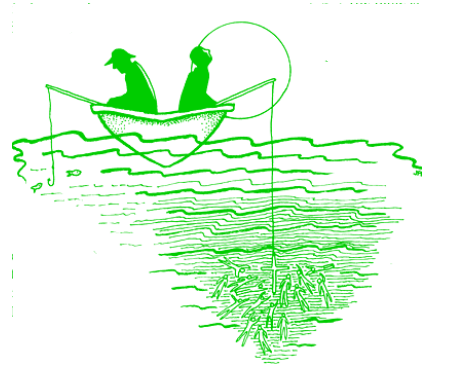

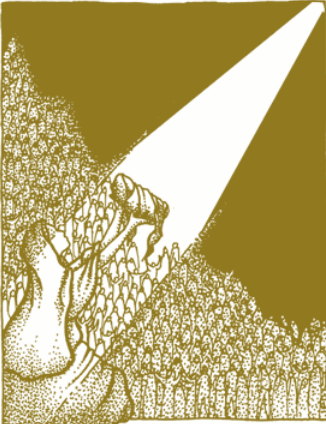

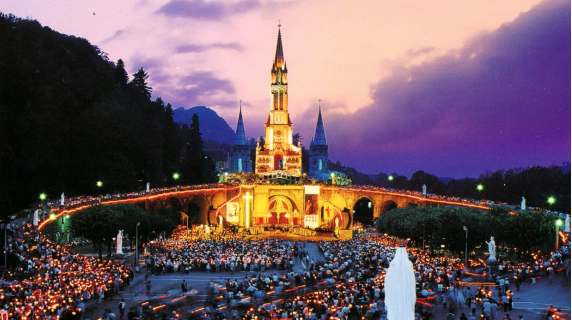
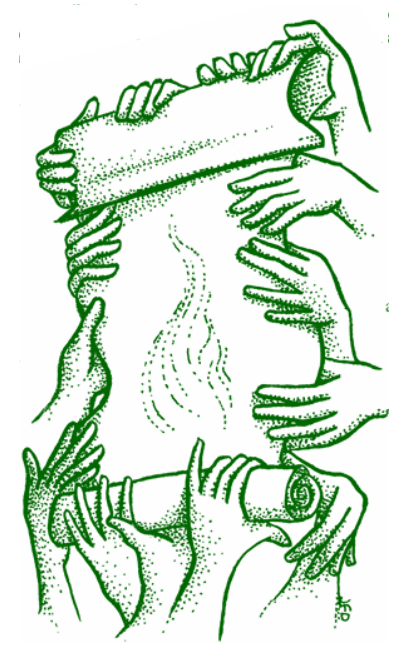
The gospel this weekend proclaims the paradoxical wisdom of emptying in order to become full, of dying so that we may be raised to new life. This is the ‘hour’ of radical obedience and exaltation for which, from Cana, through controversies , festivals and miraculous signs, Jesus has been waiting: an hour that in the gospel sees Jesus sought by new “first disciples,” those beyond Israel, to whom the evangelist refers as “some Greeks.” They were probably Greek-speaking Jews who had come up to Jerusalem to celebrate the Passover. They approach Andrew and Philip, two of Jesus’ original disciples who are apparently approachable and good at bringing others to Jesus. Although these seekers may have been Jews from far-flung places, John uses this episode on the threshold of Jesus’ ‘hour’ to suggest the call of the Gentiles. Many nations who eagerly seek Jesus will be drawn into his mystery when he is lifted up from the earth on a cross; all those who belong to the Church that is meant to be multiracial and multicultural. To explain the meaning of his ‘hour,’ Jesus tells the parable of a grain of wheat. When it is dropped into the earth, the seed shrinks, empties itself, and dies. But in the warmth and moisture of the earth new life breaks out of the husk and bears much fruit. ‘Fruit’ in John’s gospel means ‘life,’ and the hour is at hand when Jesus will be buried in the heart of the earth and rise from there to be transformed and transforming life. The larger world beyond Israel now includes us. If we wish not only to see but also to follow Jesus, we must choose to empty ourselves of self-centredness, of the instinct for self-preservation at the expense of our brothers and sisters. Those insulated from others’ suffering, eager for good connections, popularity, and status, rather than finding and following Jesus, will lose their lives. From seeds buried in the warm love and service of others, and watered by fidelity to our baptismal commitment, the Christian community grows into the mystery of the death and resurrection of Jesus. This is not easy; it was painful for Jesus, and it is painful for us. Jesus’ soul was troubled, we hear, but he embraces his hour of his own free will. He has already told the crowds, “No one takes it [my life] from me, but I lay it down on my own. I have power to lay it down, and power to take it up again. This command I have received from my Father.” What Jesus has done, he proclaims, has always been for the glory of his Father, and he will die because of the way he lived. The Father’s voice affirms Jesus’ proclamation, declaring that Jesus is giving glory to God, and will be glorified because of this. It is a voice, says Jesus, that speaks not so much to reassure Jesus himself, but to bring faith and encouragement to the bystanders. We are now the crowd assembled around Jesus. Do we understand his words or the Father’s voice? Can we recognise his saving cross at the epicentre of the tragedies that are born of sin, planted on the seismic fault lines that threaten to open and crack our world apart: the divides between rich and poor, peace and violence, north and south, east and west? Even more important can we allow ourselves to be drawn to the exalted cross so that we ourselves may offer from the ‘right place’ of the cross the fruit of healing reconciliation for the glory of God?









